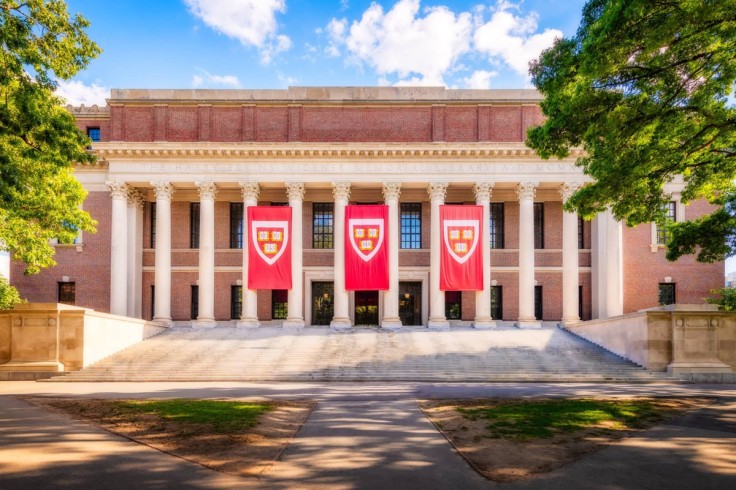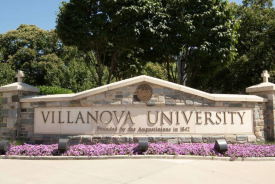
The prestigious Harvard University is cutting PhD admissions across its Faculty of Arts and Sciences (FAS), cutting some departments' intakes by up to 75 per cent over the next two years as the institution confronts deep financial pressures and political uncertainty over federal funding.
Internal communications reveal that some departments will admit as few as one in four of last year's cohorts, marking the university's sharpest contraction in graduate intake in decades.
Departments Hit Hard by the Cuts
Emails reviewed by faculty and shared internally show that Harvard's Science Division will admit roughly 25% of last year's cohort, while Arts and Humanities programmes will see reductions of around 60%. Social Science departments are also expected to cut their admissions by between 50% and 70%. Departments were told to finalise their limited intake slots by the week's end.
The scale of the reductions will significantly shrink Harvard's doctoral community. The History Department will admit just five students per year for the next two cycles, down from 13 last year.
The German Department is expected to take none at all, and Organismic and Evolutionary Biology will drop from 12 new doctoral candidates to only three. Similar contractions will affect Chemistry and Molecular Biology, where laboratories depend heavily on funded graduate research.
Departments facing fewer than two available PhD places have been instructed not to admit any students until the freeze is lifted.
Financial Pressures and Policy Shifts
Dean of FAS Hopi E. Hoekstra told staff that the decision came after 'careful deliberation' and reflected a need to balance academic integrity with fiscal reality. She cited ongoing uncertainty over US federal research grants, an increased endowment tax projected to cost Harvard more than $300 million (£245 million) annually, and a continuing hiring freeze across most departments.
The move follows months of tension between the Trump administration and elite research institutions. Earlier this year, the White House froze federal research funds to universities it accused of 'partisan misuse of resources'. A federal judge temporarily restored Harvard's funding in September, though the administration has pledged to appeal the ruling.
Harvard's most recent financial report shows an operating loss of $113 million (£92 million) for the 2025 fiscal year — its first deficit since 2020. Administrators attributed the shortfall to disrupted federal funding and broader economic instability.
Impact on Research and Graduate Education
The admissions freeze has alarmed researchers who rely on graduate students to sustain projects. Many faculty members warn that the loss of incoming cohorts will disrupt labs, delay publications, and reduce Harvard's competitiveness in key scientific fields.
A report from the US Government Accountability Office (GAO) earlier this year warned that continued volatility in federal science budgets could 'undermine national research capacity' by constricting postgraduate training.
Harvard's Graduate School of Arts and Sciences (GSAS) had already cancelled new fellowships and rejected all wait-listed PhD applicants last spring. Several departments now face choices between halting projects or redistributing workloads among remaining researchers.
Nationwide, data from the National Science Foundation (NSF) show that graduate enrolments in science and engineering declined in 2024 for the first time in a decade — a trend many attribute to funding cuts, rising housing costs, and reduced research grants.
What Happens Next
Although Harvard's temporary court victory has restored short-term access to federal funds, university officials warn that long-term uncertainty persists. The institution has suspended non-essential building projects and capped budgets through 2026 to stabilise its finances.
The admissions freeze will remain in place until at least 2027, when the first of the reduced cohorts completes coursework. Administrators say the university will reassess the policy once the fiscal situation and federal funding climate become clearer.
For now, Harvard faces a sobering challenge: protecting its research leadership while navigating the harshest academic contraction in its modern history.
Originally published on IBTimes UK
This article is copyrighted by IBTimes.co.uk, the business news leader








